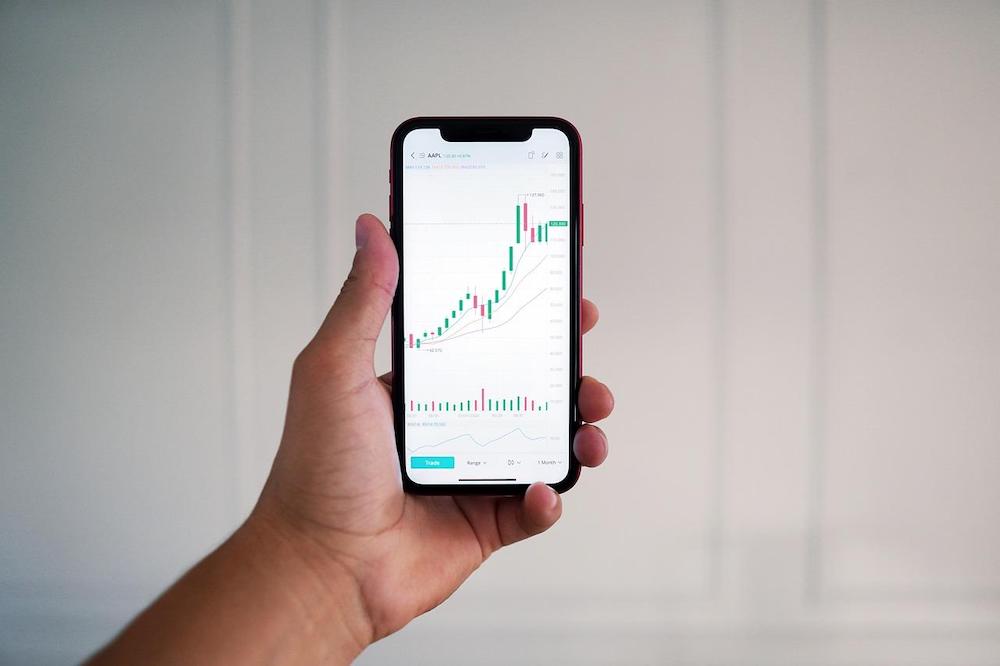
Although trading forex in Malaysia can be profitable, time is important to maximize possible returns. The forex market gives traders lots of chances since it runs five days a week, twenty-four hours. Not all hours are equal; thus, knowing when to enter and exit the market will hugely affect your trading results.
Key Trading Sessions and Time Overlaps
Although Malaysia’s time zone is GMT+8, which nearly matches big financial hubs like Tokyo, it deviates from others like London and New York. The overlaps of trading sessions in these important financial markets determine the optimum times to trade forex in Malaysia. These overlaps are more active for the foreign exchange market since more significant price swings and more liquidity create ideal trading opportunities.
The London-New York Session Overlap
The London-New York session, scheduled in the evening local time from roughly 8:00 PM to 12:00 AM GMT+8, is one of the most important overlaps for Malaysian traders. Both the London and New York markets are open during this time, which indicates a lot of trading activity, increasing market volatility. For traders hoping to profit from temporary price swings in big currency pairs like EUR/USD, GBP/USD, and USD/JPY, this volatility is perfect. Forex brokers Malaysia offer competitive trading conditions; the tighter spreads resulting from the higher liquidity during these hours are very helpful for traders.
Trading During the Asian Session
Those who would rather trade during the day also have a good choice in the Asian session. This session runs till roughly 4:00 PM, starting at 8:00 AM GMT+8. Although this session is usually less erratic than the London or New York ones, it has rewarding prospects, particularly for trading pairings, including the Australian dollar (AUD) or the Japanese yen (JPY). The Tokyo market mainly drives the Asian session; hence, traders usually try to profit from patterns that started during this period. Moreover, as Malaysia has a similar time zone to Tokyo, traders may keep a careful eye on the market during regular business hours.
Impact of Economic News and Events
Understanding the role of news and economic data releases plays a key role in deciding the ideal time to trade forex in Malaysia. Forex market volatility can be high in response to important economic announcements, including GDP data, employment reports, and interest rate decisions. Depending on the country of origin, these events are usually set for particular times of the day. For example, important U.S. economic data are usually published late in the evening in Malaysia, roughly 8:30 PM to 10:00 PM GMT+8. Although trading around these moments might be dangerous because of abrupt price swings, if you can properly predict the response of the market, it can also be quite profitable. Many Malaysian forex brokers offer economic calendars, including forthcoming events, which let traders schedule their trades.
Using a Demo Account to Practice Timing
Chris Ayden, the senior forex analyst at 55Brokers, comments that novice traders in Malaysia should start with a demo account, which is highly recommended, before committing to real capital.
A demo account allows you to practice trading in real-time without the risk of losing money. It also enables you to familiarize yourself with the market’s movements during different sessions and economic events. Many forex brokers in Malaysia offer demo accounts with the same features and conditions as live accounts, making it a valuable tool for honing your trading skills. By practicing on a demo account, you can develop a strategy that aligns with the best trading times and enhances your understanding of the financial market.
Choosing the Right Currency Pairs for the Right Time
Although traders can find opportunities at any moment, thanks to the round-the-clock character of the foreign exchange market, it is advisable to take personal schedule and trading style into account while choosing when to trade. If you trade daily, you might find the Asian session more handy since it fits Malaysia’s usual business hours. The London-New York session overlap in the evening would be more appropriate if you’re looking for more volatility and more profit opportunities
Apart from scheduling, you also have to think about the pairings of currencies you intend to trade. Different pairs of currencies are more active throughout separate sessions. For instance, during the Asian session, pairs containing the Japanese yen—such as USD/JPY or EUR/JPY—tend to be more active. In the London session, pairs, including the euro or British pound—such as EUR/USD or GBP/USD—are more erratic. Knowing these characteristics will enable you to match your trading plan to the ideal times to trade particular pairs of currencies.
Conclusion: Combining Timing with Strategy
Remember that good forex trading calls for more than just market timing. Likewise, risk management, discipline, and a well-considered trading strategy are crucial. Especially in highly volatile times, it’s tempting to get caught up in the thrill of the foreign currency market, but it’s crucial to stay concentrated and follow your trading plan. Being patient and waiting for the right moments is vital since overtrading or trading during bad times can result in large losses.
To sum up, the optimum moment to trade forex in Malaysia depends on the junction of your own trading preferences and the main trading events. Because of its huge liquidity and volatility, the evening London-New York session overlap is usually the most convenient time for trading big pairs of currencies. For individuals who would want to trade during the day, the Asian session—especially the Tokyo market—offers opportunities. Using a trial account to practice and improve your technique is absolutely advised regardless of the time you decide to trade, particularly for beginners. Understanding the characteristics of the forex market and timing your trades properly will help you maximize your possibilities for success in this interesting financial environment.
Follow us on Telegram, Twitter, and Facebook, or subscribe to our weekly newsletter to ensure you don’t miss out on any future updates. Send tips to editorial@techtrendsmedia.co.ke



